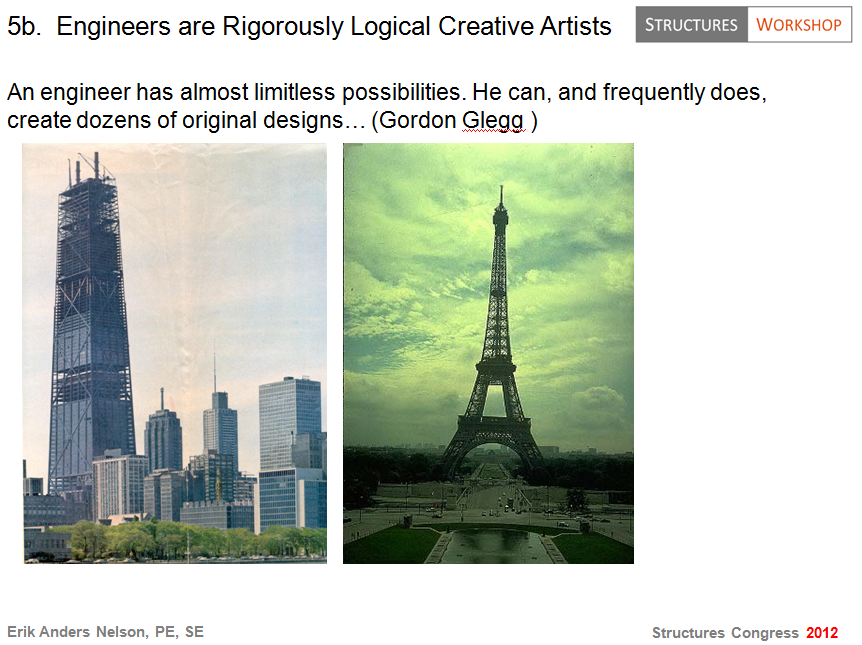Engineers are Rigorously Logical Creative Artists
The most important trait is curiosity about the built world, the will to tackle difficult problems, and self-reflective methodology. The will is strengthened by confidence in using logic as a method to solve problems. Engineers are rigorously logical and independent thinkers. We do not just want to understand the system, but also to improve it. We want to know how and why things work, and how we can get them to work better. That is why we also invent new things, we are in a constant surprise at how much the built world could be improved. It is not uncommon for an engineer to think "Why in the world is this the way this thing is? It could be so much better if I just change this and add that." We are rational problem solvers who like to analyze things to understand how they work and how they can work better. 
Engineering is more of an art than a science; not in the sense that it is uncertain, but because the design process is a true art, not unlike that of an artist/sculptor/poet. In Engineering and the Mind's Eye, Ferguson (1992) concludes:
Necessary as the analytical tools of science and mathematics most certainly are, more important is the development in student and neophyte engineers of sound judgment an intuitive sense of fitness and adequacy. No matter how vigorously a "science" of design may be pushed, the successful design of real things in a contingent world will always be based more on art than on science. Unqualifiable judgments and choices are the elements that determine the way a design comes together. Engineering design is simply that kind of process. It always has been; it always will be. [Ferguson]